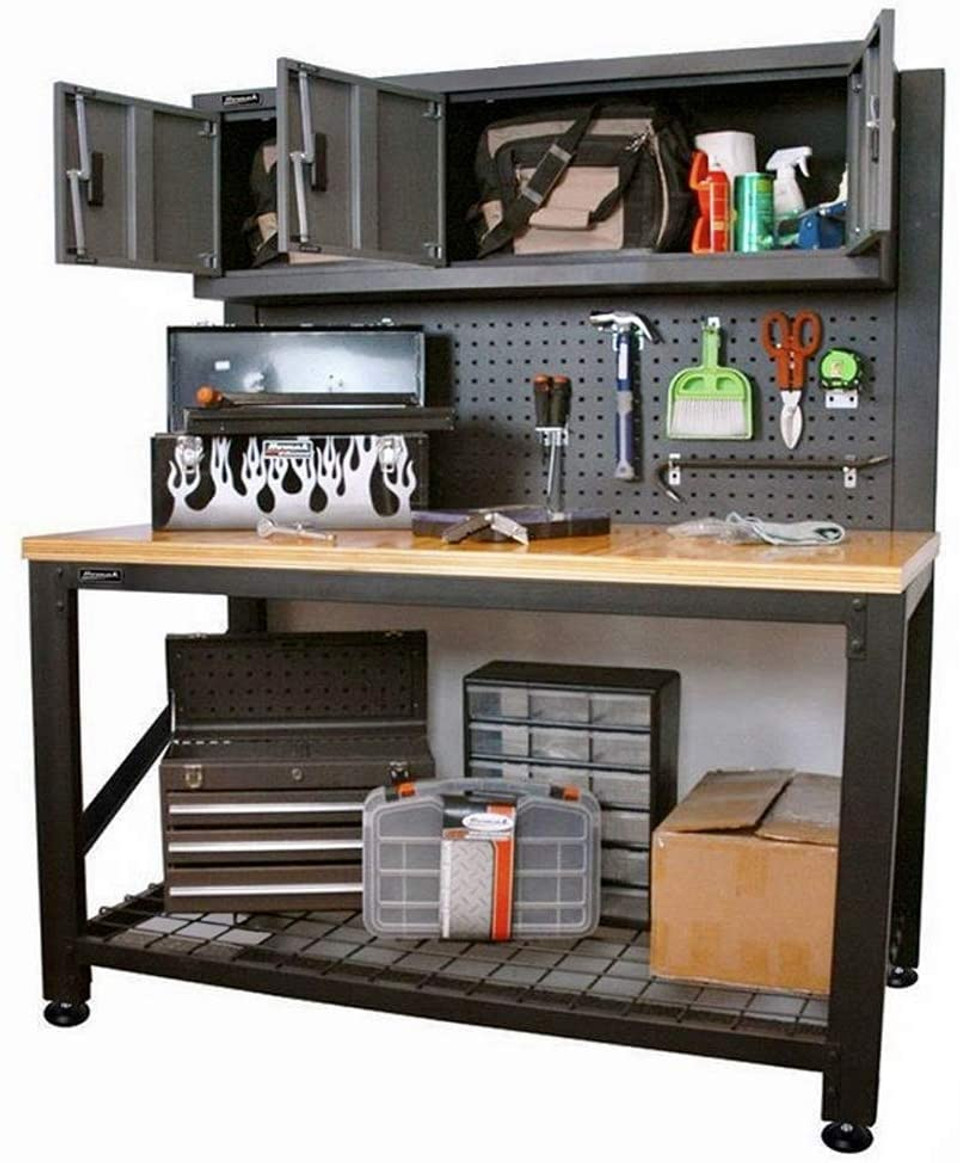Deciding whether to finish a basement can be a significant financial and logistical decision for many homeowners. This blog explores the various aspects of basement finishing, from the potential increase in home value to the necessary tools and tips for tackling such a project. Whether you’re looking to create a cozy family space, an entertainment area, or simply increase your home’s resale value, this comprehensive guide will help you determine if finishing your basement is the right investment for you.
Pros of Finishing Your Basement
- Increased Home Value: Finishing your basement can lead to a substantial increase in your property’s market value.
- Additional Living Space: It converts underused square footage into functional living areas such as bedrooms, home offices, or gyms.
- Rental Opportunities: A finished basement can be rented out as an apartment, providing an additional income stream.
- Energy Efficiency: Proper insulation and ventilation can improve your home’s overall energy efficiency.
- Customizable Space: Offers the freedom to tailor the area according to your specific needs and tastes.
Finishing a basement offers numerous advantages, notably the potential to enhance your home’s overall market value. With thoughtful planning, this space can be transformed into anything from a luxurious guest suite to an all-purpose family room, making it a versatile addition to any home.
Cons of Finishing Your Basement
- High Upfront Costs: Initial expenses can be significant, depending on the basement’s condition and design plans.
- Moisture and Dampness Issues: Basements are prone to moisture problems, which can be costly to address.
- Limited Natural Light: Basements often lack natural light, requiring additional lighting installations.
- Soundproofing Needs: Soundproofing might be necessary, especially if the space will be used for entertainment or as a rental.
- Potential for Low Return on Investment: If not done well, the return on investment can be lower than expected.
While there are considerable benefits to finishing a basement, potential downsides such as moisture issues and significant initial costs should not be overlooked. These factors can impact the overall feasibility and desirability of the project.
Recommended Tools for the Project To tackle a basement finishing project, you’ll need some essential tools:
- Measuring Tape: For accurate measurements of the area.
- Hammer and Nails: Basic tools for framing and other structural work.
- Power Drill: Essential for installing cabinetry, shelves, and other fixtures.
- Saw: Necessary for cutting wood or other materials.
- Level: To ensure everything is perfectly horizontal or vertical.
Investing in high-quality tools can make the basement finishing process smoother and more efficient, ensuring professional-level results.
Comparisons: DIY vs. Hiring Professionals
- Cost: DIY can be cheaper but may result in higher costs due to potential mistakes.
- Time: Professional contractors will likely complete the project faster than doing it yourself.
- Quality: Professionals bring expertise that guarantees high-quality work.
- Effort: DIY requires significant personal effort and time.
- Outcome: A professional is more likely to achieve a higher-quality finish that could affect your home’s value.
Tips & Tricks
- Plan Your Layout Wisely: Consider the flow between rooms and the placement of bathrooms and kitchens.
- Keep Moisture in Check: Invest in good waterproofing to protect your investment.
- Optimize for Lighting: Use a combination of natural and artificial lighting to brighten the space.
- Consider the Ceiling Height: Keep in mind any ductwork or beams that might lower ceiling height.
- Enhance with Features: Add features like built-in shelves or cabinetry for added functionality and appeal.
FAQs
- What is the average cost to finish a basement?
The cost can vary widely, typically ranging from $10,000 to $30,000, based on the materials used and the project’s complexity. - How long does it take to finish a basement?
On average, the project might take 4 to 8 weeks, depending on the renovation’s extent and the workforce employed. - Is it necessary to obtain a permit to finish a basement?
Yes, in most locales, obtaining a permit is required to ensure all renovations meet local building codes.
Updates and Future Considerations As building codes and interior design trends evolve, it’s essential to stay informed about the latest requirements and styles for basement finishing. Future-proofing your space by using modular designs and flexible layouts can help accommodate changing needs or preferences over time.
Conclusion Whether or not to finish a basement is a decision that depends on multiple factors, including your budget, needs, and long-term home improvement goals. By carefully weighing the pros and cons and considering the insights provided here, you can make a well-informed decision that aligns with your objectives and enhances your living environment.
About Costs The financial aspect of finishing a basement involves a significant amount of money. However, the long-term benefits, such as increased home value and additional living space, often outweigh the initial investment. Planning your budget and possibly consulting with financial advisors or contractors can provide a clearer view of the expected costs versus the potential benefits.







